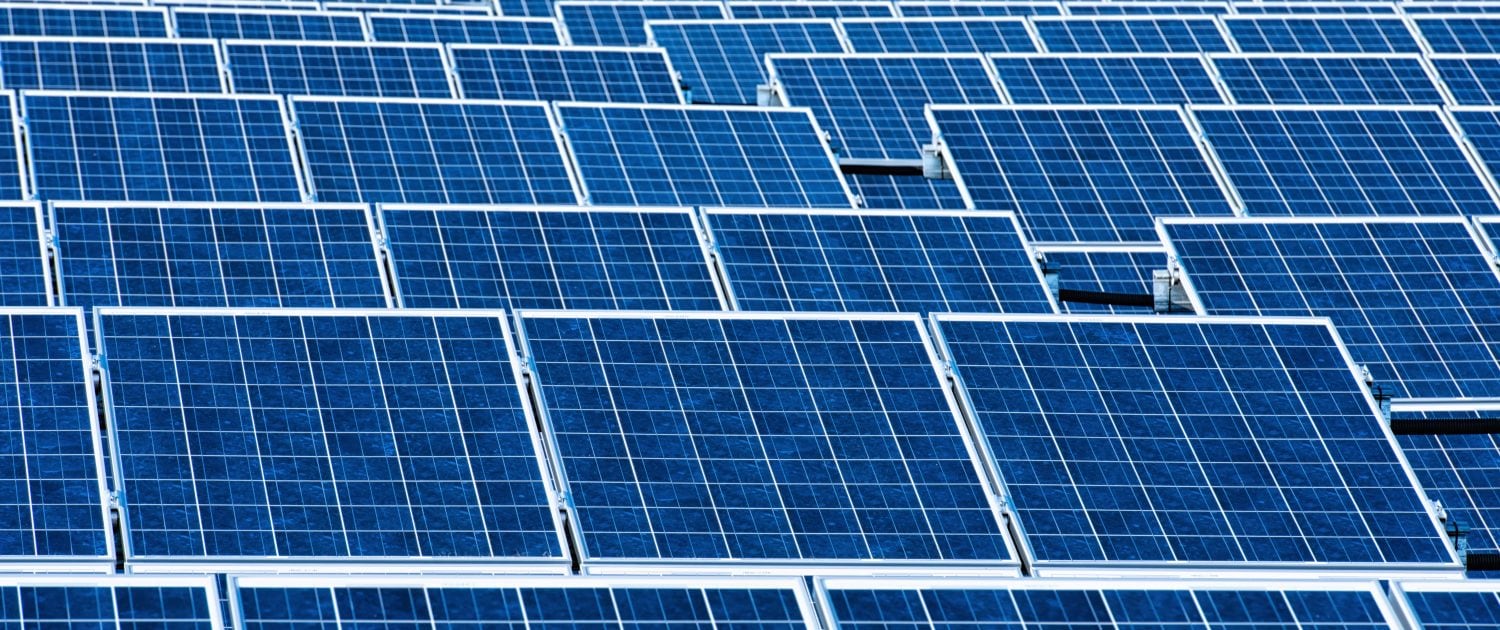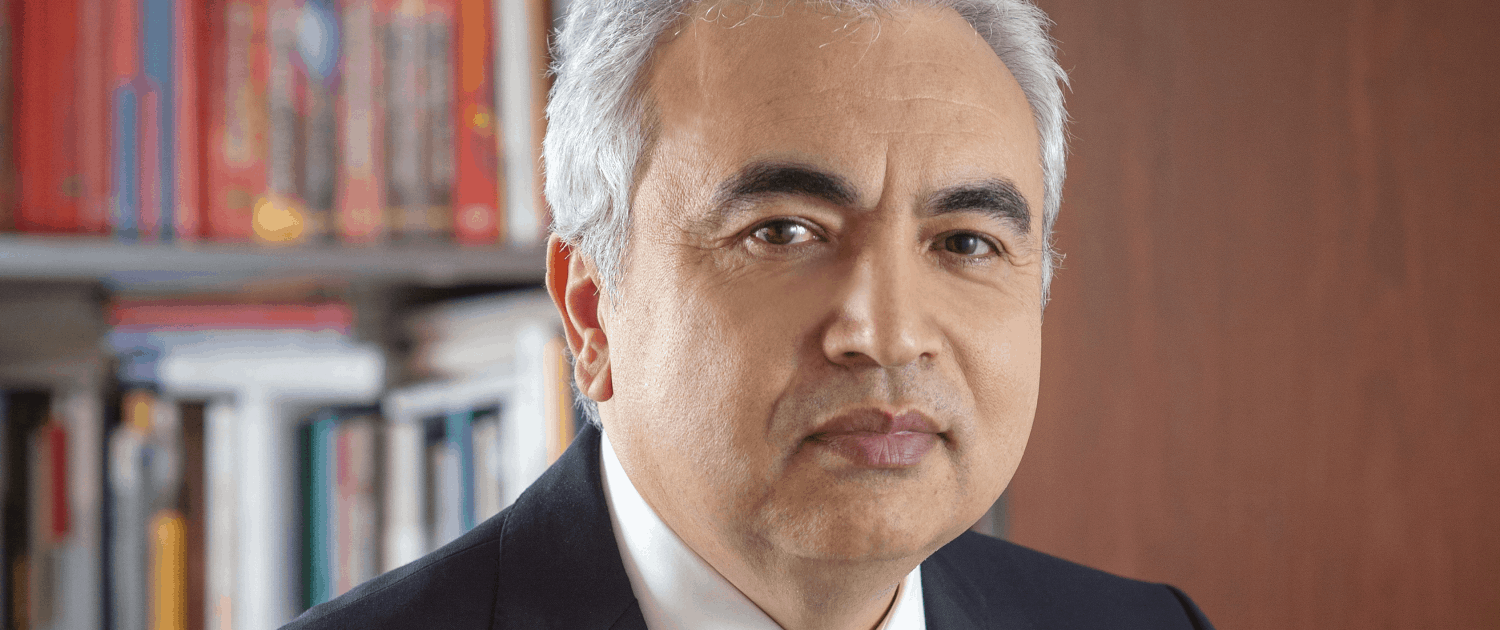The Energy – Economy – Society (EES/EWG) research program promotes application-oriented research in the field of energy policy. To this end, the EES focuses on economic, social, psychological and political issues throughout the energy sector supply chain. EES elaborates calls to fund innovative socio-economic research projects that address relevant energy-policy questions for Switzerland. Weiterlesen
Schlagwortarchiv für: policy
A tour d’horizon of India’s energy transition and the role of energy storage
India provides unprecedented opportunities to scale solar and wind power, making it one of the forerunners of a world heading towards a sustainable future. However, there is one basic challenge that India must face: the intermittency of renewables. The article by Peter Freudenstein, an energy and climate change policy analyst and a Mercator Fellow, suggests methods that India can adopt to solve its problem. Weiterlesen
General overview
China is both the world’s biggest clean energy investor and the world’s largest CO2 emitter. It is on track to becoming the world’s renewable energy superpower: China is the world’s largest producer, exporter and installer of solar panels, wind turbines, batteries and electric vehicles.
Even though renewable energy investments declined from $122 billion in 2017 to $86 billion in 2018, China still has by far the largest capacity. It also has a clear lead in terms of the underlying technology, with well over 150,000 renewable energy patents as of 2016, 29% of the global total. The next closest country is the U.S., which had a little over 100,000 patents, with Japan and the E.U. having close to 75,000 patents each.
The share of non-fossil fuels in China’s total electricity mix is on course to hit 32-34% in 2020. With increasing demand, China added about 40 GW of solar and 40 GW of coal in 2019. There is a lot of room for renewable energy, since coal’s share in China’s primary energy mix was still 58% in 2018 and electricity demand keeps growing. Weiterlesen
The ReFlex project aims at developing a replicability guideline for the deployment of technologically feasible, market based and user-friendly solutions for smart grids with a high level of flexibility. The focus was put on smart grid pilot projects with high level of renewable energy production, which are effectively and efficiently used locally through mixes of measures from voltage regulation, demand response, energy management and storage. Drawing on the learning experience among ReFlex partners, replicability-guidelines were elaborated to support the demo regions and the wider group of European smart grid stakeholders in deploying and advancing their smart grid initiatives. The project released the ReFlex Guidebook, a document that includes guidelines for the replicability of solutions for flexible smart grids. Weiterlesen
Energy efficiency is the first fuel in a modern, global energy system
Fatih Birol, Executive Director of the International Energy Agency IEA, presents the IEA market report on Energy Efficiency 2018 and emphasizes that energy efficiency needs to have a seat at the big table, when it comes to major global decisions about energy in the 21st century.
Kontakt
Bundesamt für Energie
Pulverstrasse 13
3063 Ittigen
Postadresse:
Bundesamt für Energie
3003 Bern
Telefonnummern:
Hauszentrale +41 58 462 56 11
Pressestelle +41 58 460 81 52
 Shutterstock
Shutterstock Shutterstock
Shutterstock Swissnex China
Swissnex China BFE
BFE IEA
IEA